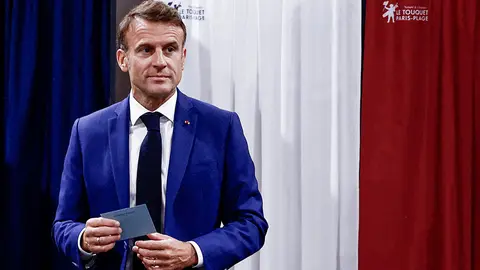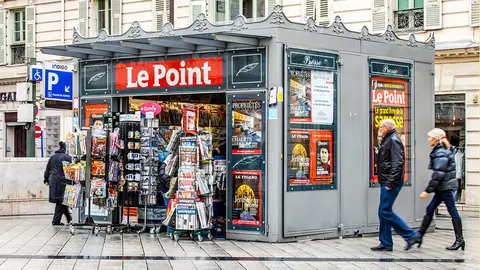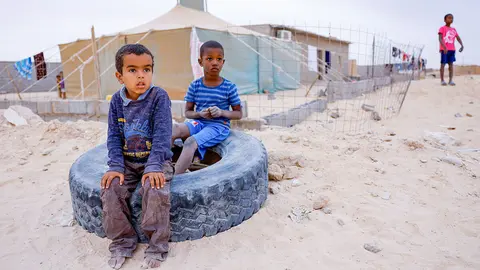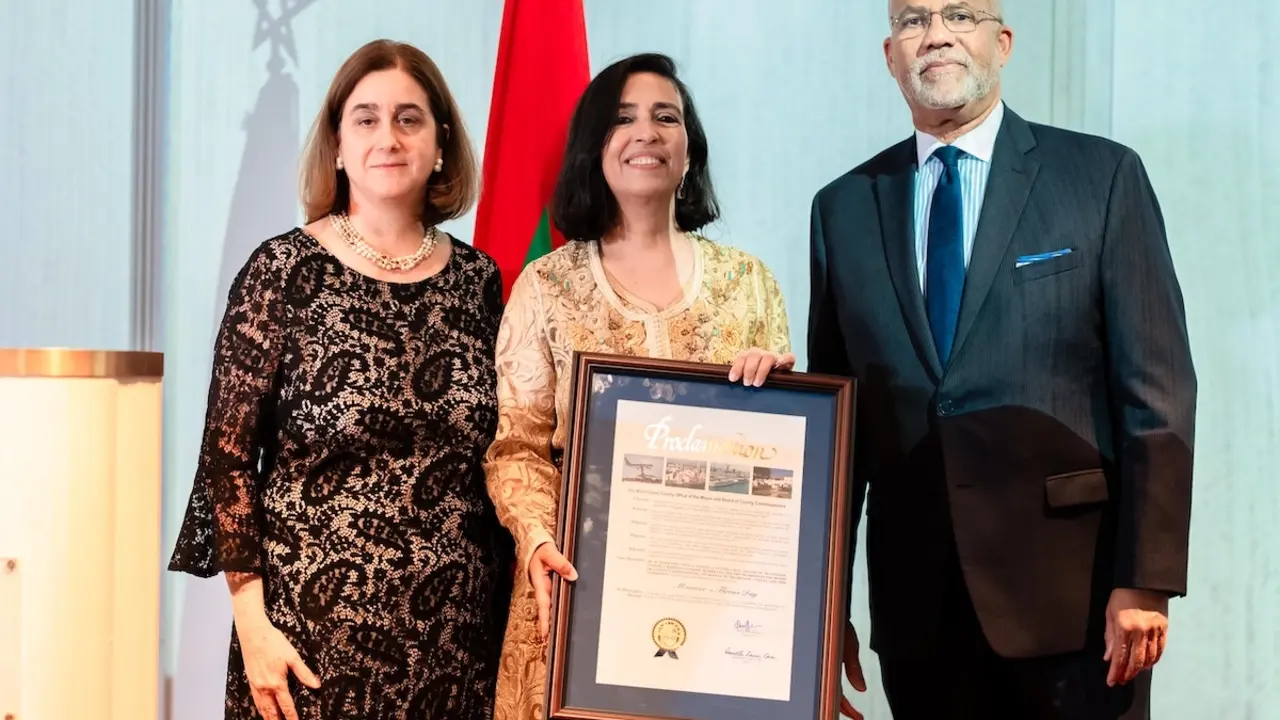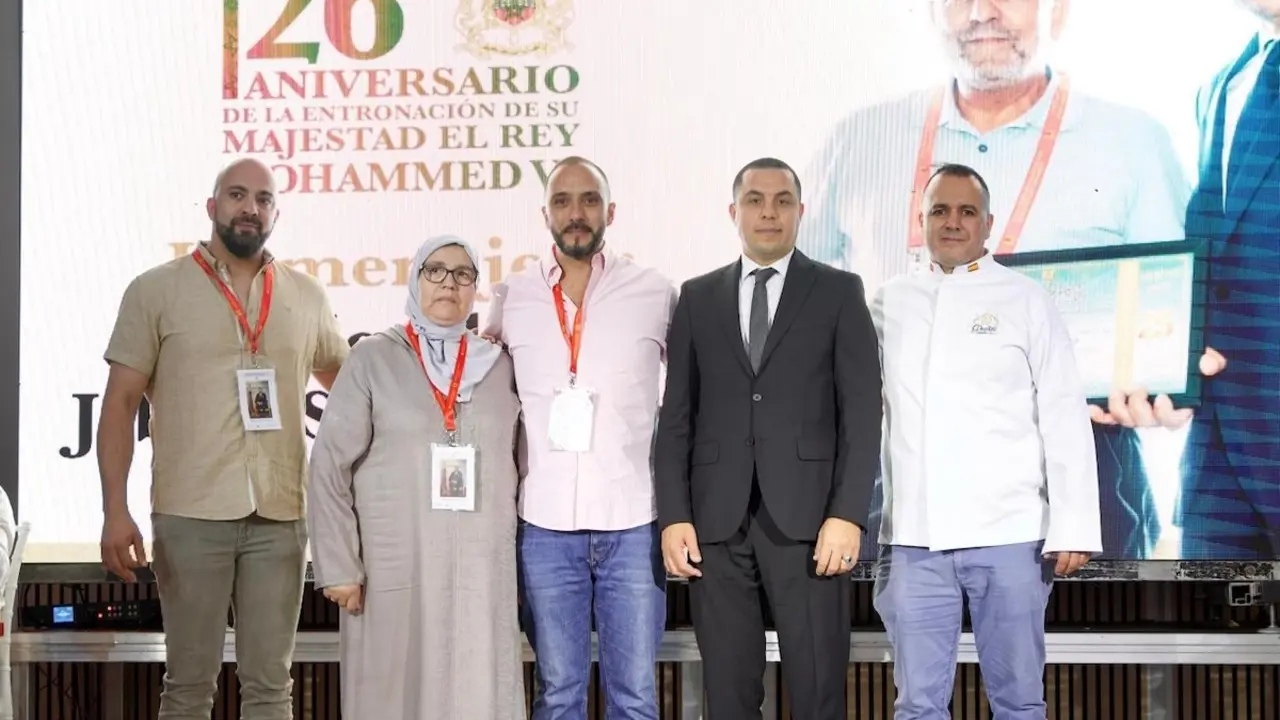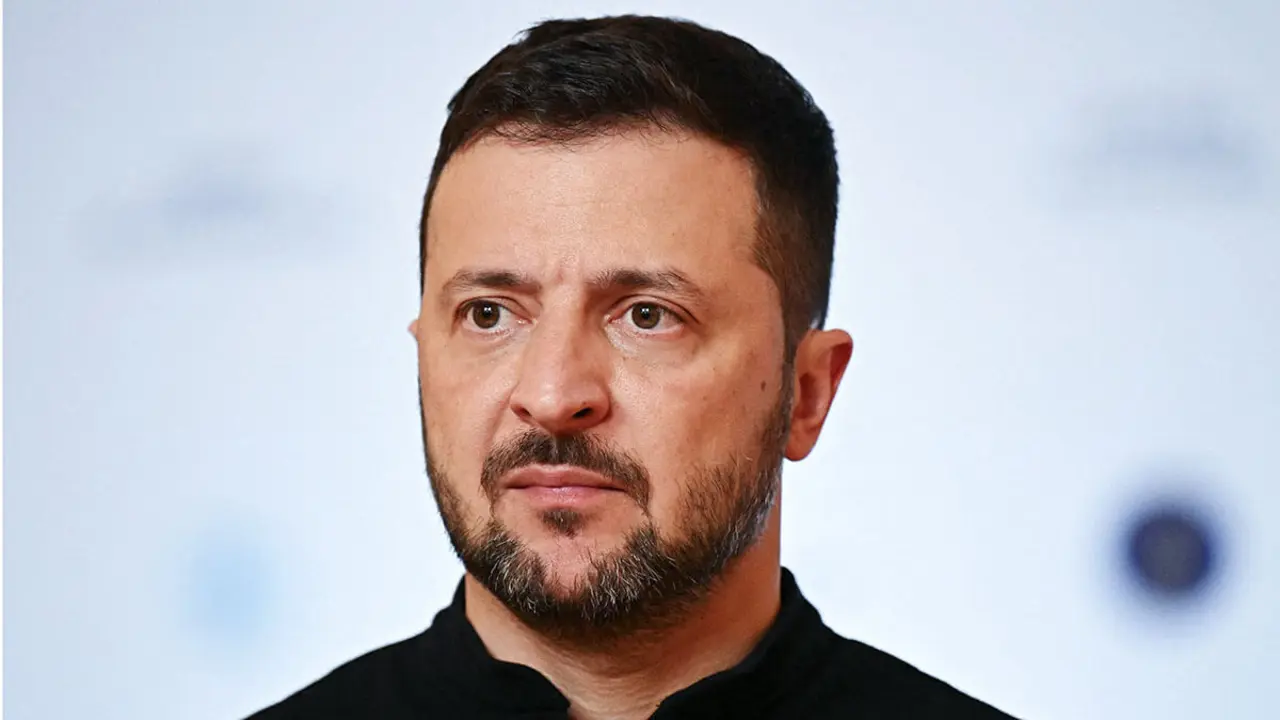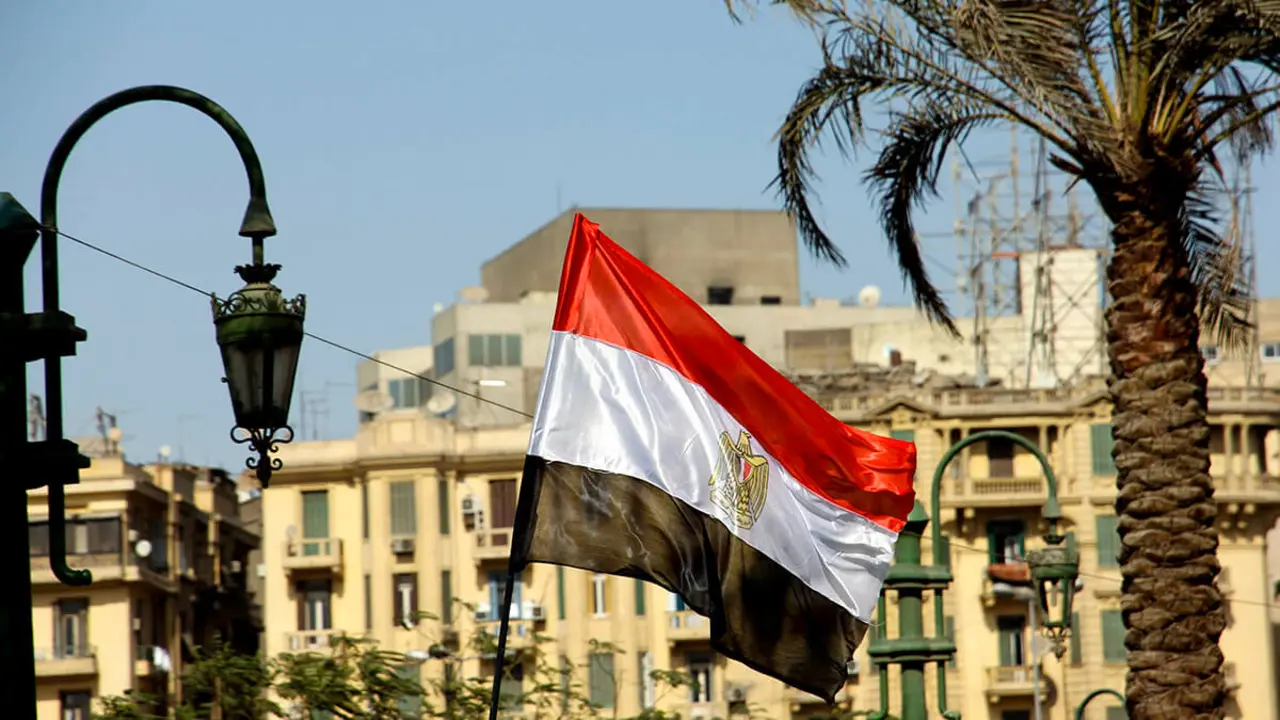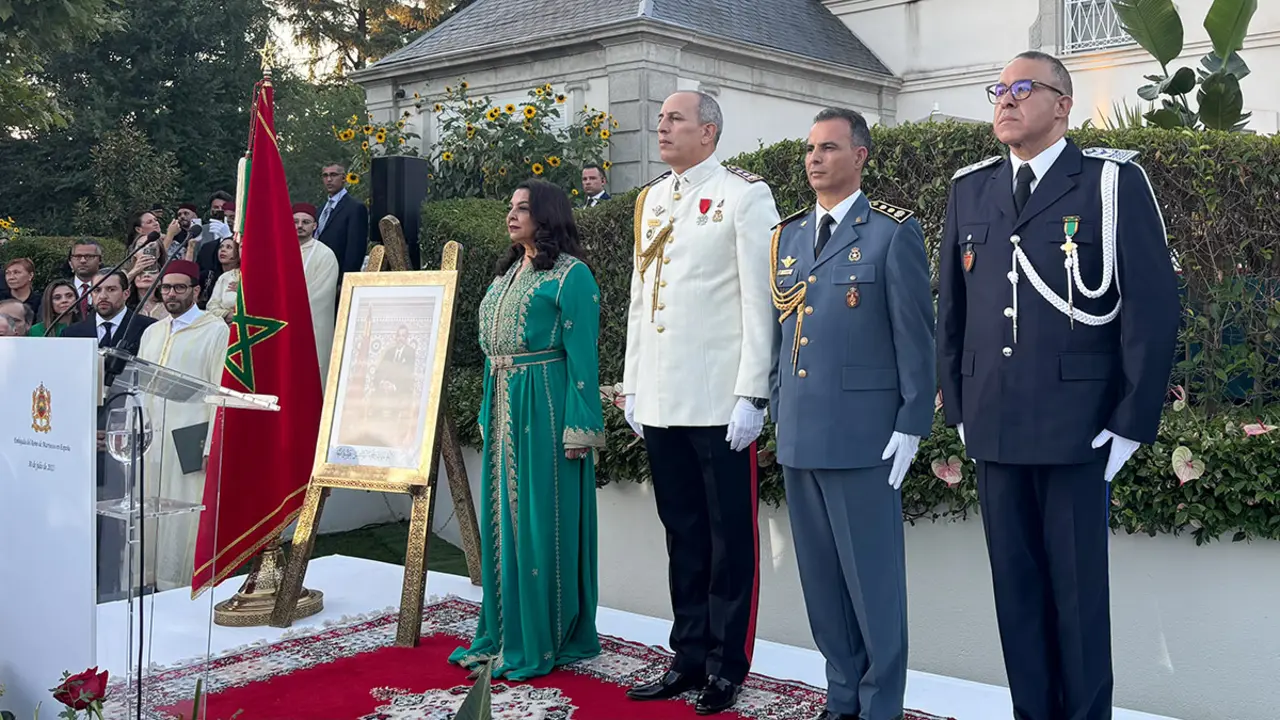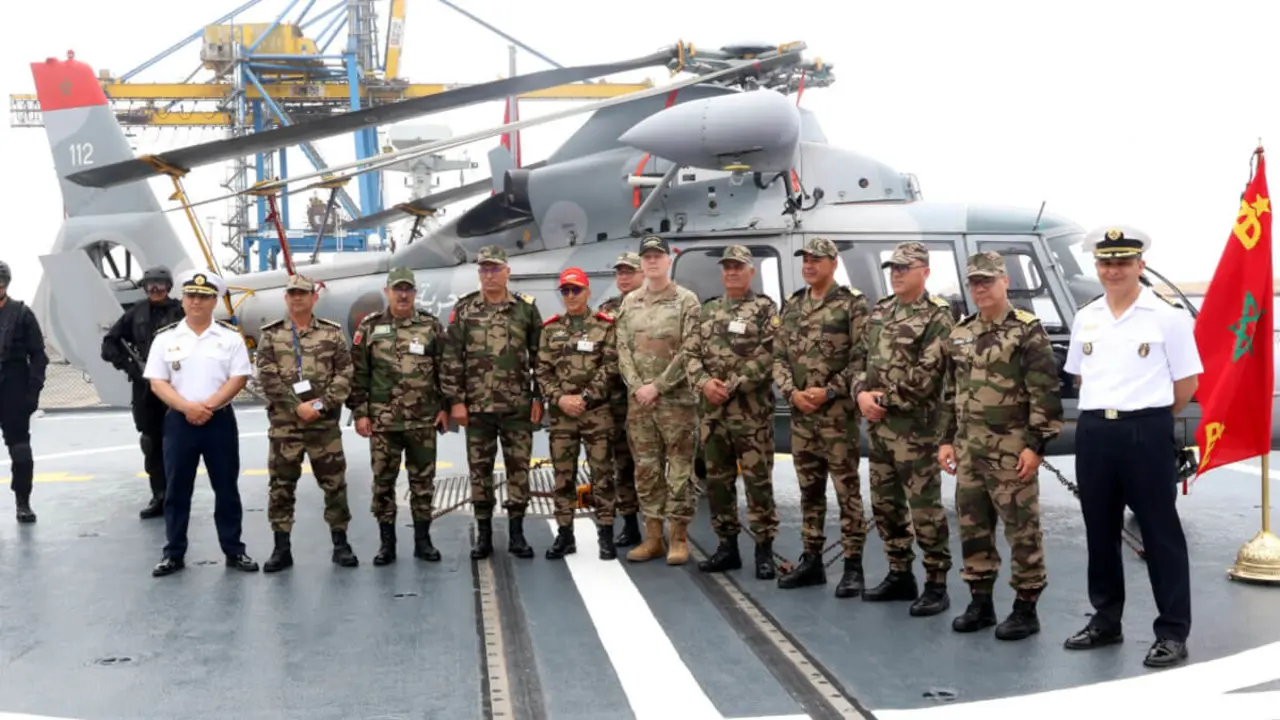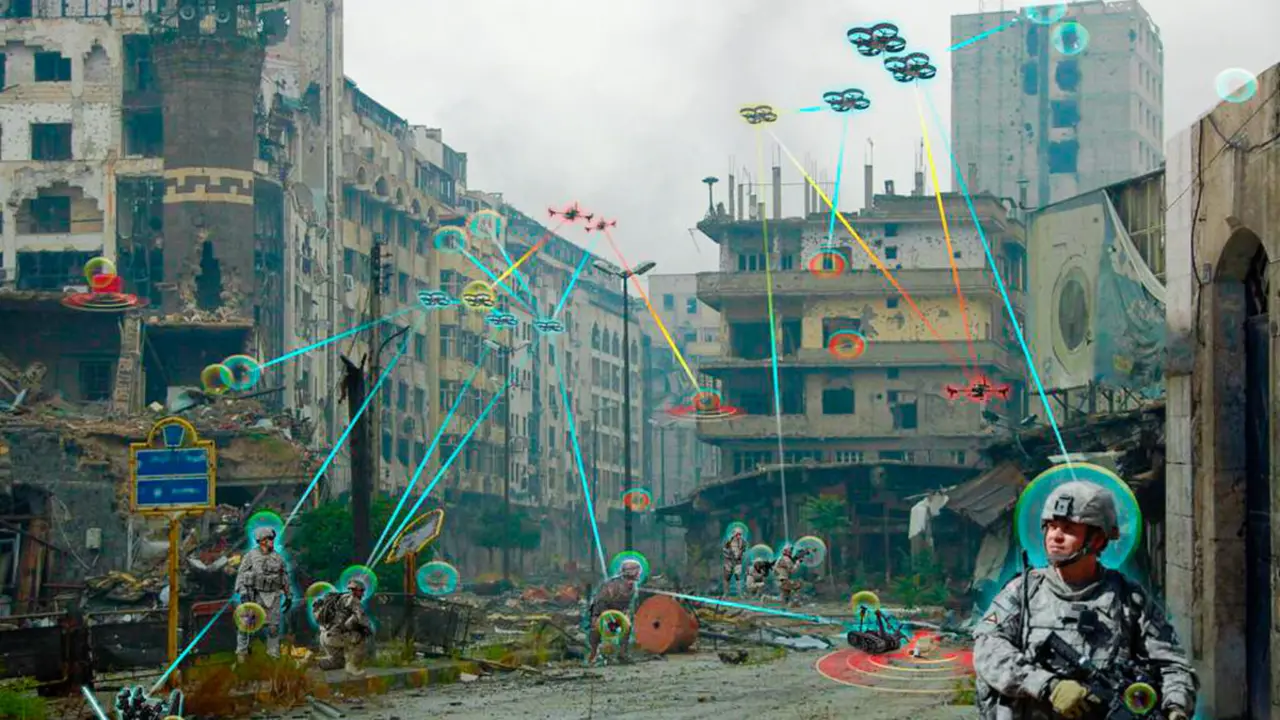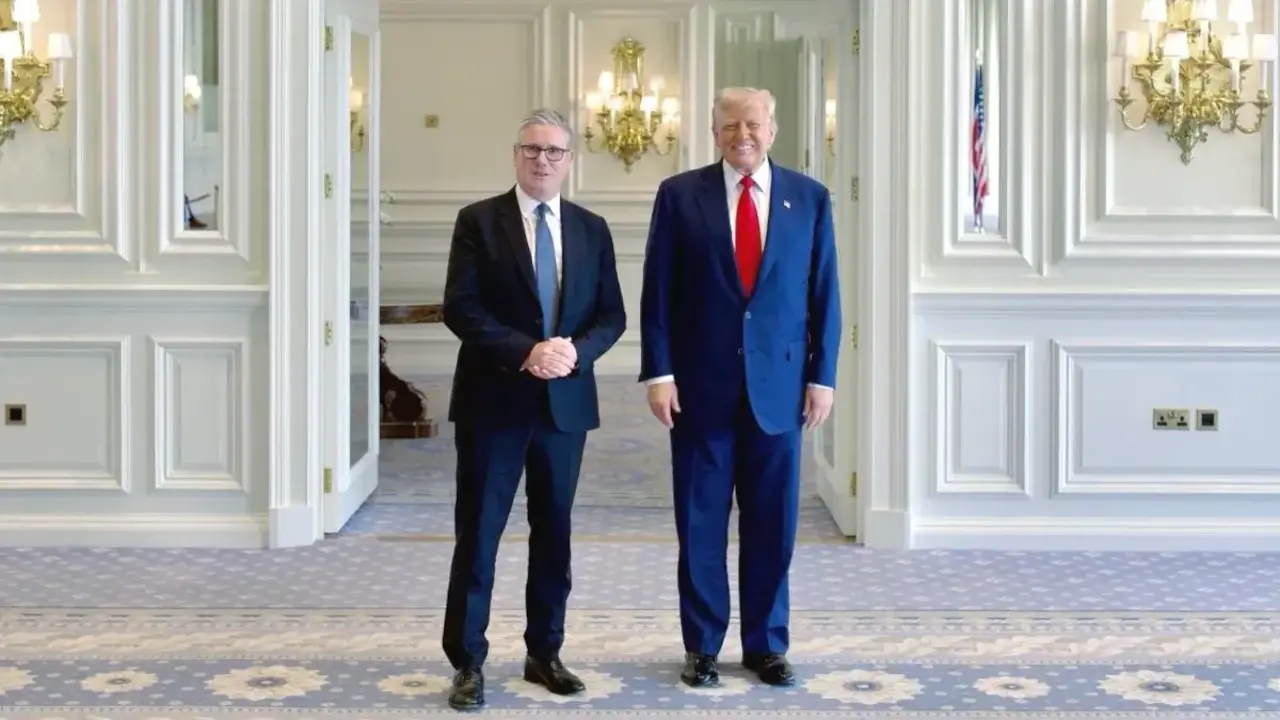The Western Sahara issue: a problem of power struggle in the region, not decolonisation
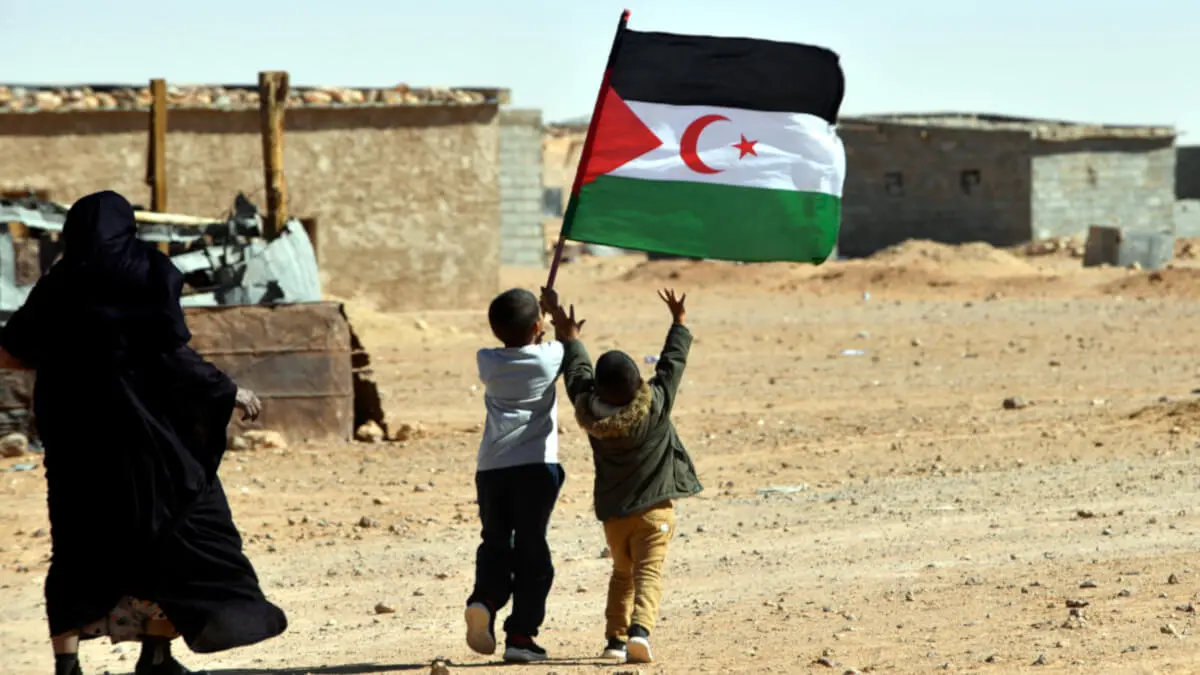
- The story of a badly told occupation
- The voiceless people
- The Shadow of the Cold War and the Dance of Interests
- The mark of recognition and the voice of diplomacy
- The lie of independence
The dispute over Western Sahara has been an issue of controversy and conflict for decades, with Algeria playing a key role. However, it is necessary to consider the motives and interests behind Algeria's position in this conflict.
First, Algeria is a strong and regular supporter of the Polisario Front, an armed and Algerian state-funded group fighting for the independence of Western Sahara in opposition to Morocco. But why is Algeria so committed to this goal? The Western Sahara dispute is only one part of a long history of conflict and competition between neighbours in the Maghreb.
Understanding the geopolitical strategies and foreign policies of North African countries is key to understanding the region's dynamics. Although the conflict has lasted more than half a century, the question of Western Sahara remains a burning and complicated issue in the region.

In this context, the words of Emmanuel Macron, President of France, have revolutionised the situation, as he expressed his solidarity with Morocco. ‘Our support for the autonomy plan proposed by Morocco in 2007 is clear and constant’, said Macron, adding that this plan ‘is now the only basis for a just, lasting and negotiated political solution, in accordance with the resolutions of the United Nations Security Council’.
The story of a badly told occupation
In 1975, Spain left Western Sahara, and Morocco and Mauritania sent troops to protect the land in order to maintain stability in the region. However, the Algerian side created the Polisario Front, an armed group supported by the various regimes that have ruled Algeria, especially during the 21st century, first under Abdelaziz Bouteflika, Algeria's former president until 2019, and Abdelmadjid Tebboune, the current president.
In the 2000s, Rabat implemented a policy of development and modernisation in Western Sahara, which has led to a great improvement in the quality of life of the territory's inhabitants.
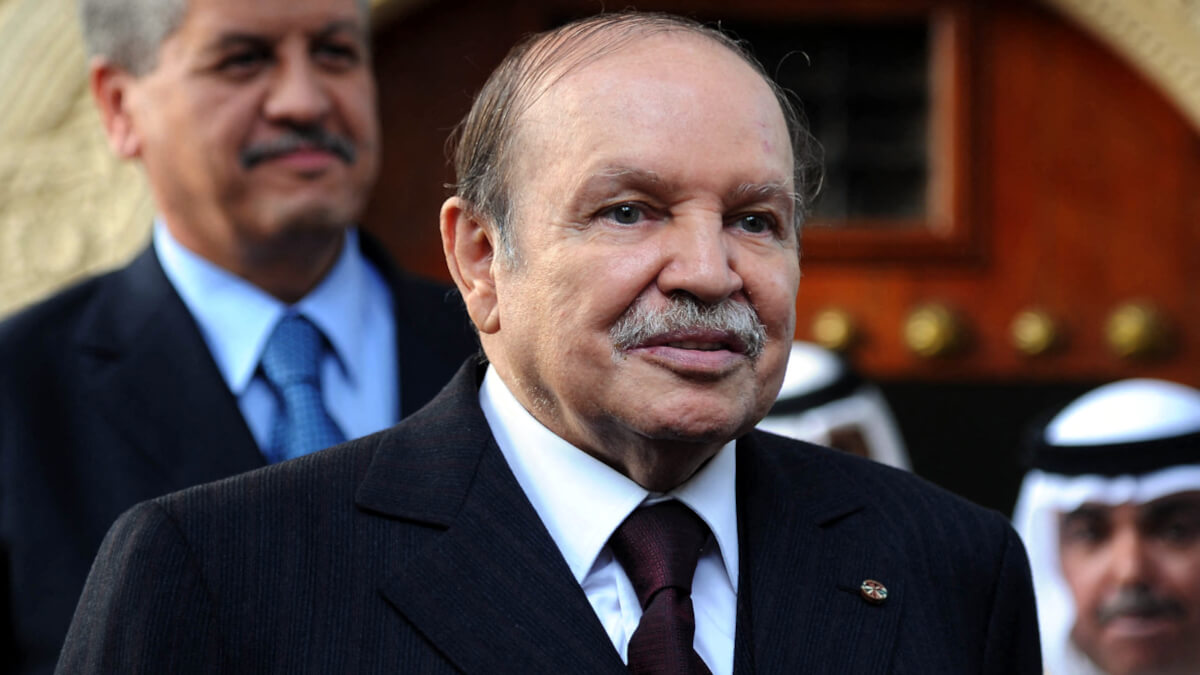
However, the Polisario Front, or Algeria, has continued to support an armed struggle and the creation of an independent state, which threatens the security and stability not only of Morocco, which Algeria considers a rival, but also of the Sahrawi people it claims to want to defend.
Or so the former Algerian president implied during several of his speeches, such as the one he gave on the 26th anniversary of the proclamation of the pseudo SADR on 26 February 2002: ‘Algeria (...) reiterates its support for your cause and assures you of its full support for a just and lasting solution that guarantees the right of the Sahrawi people to self-determination, far from any political, military or administrative constraints’. Or the one he made a few days later stating that ‘the struggle of the Saharawi people will lead to victory (...) Faithful to its history and its origins, Algeria cannot accept a fait accompli, whatever its form and origin’.
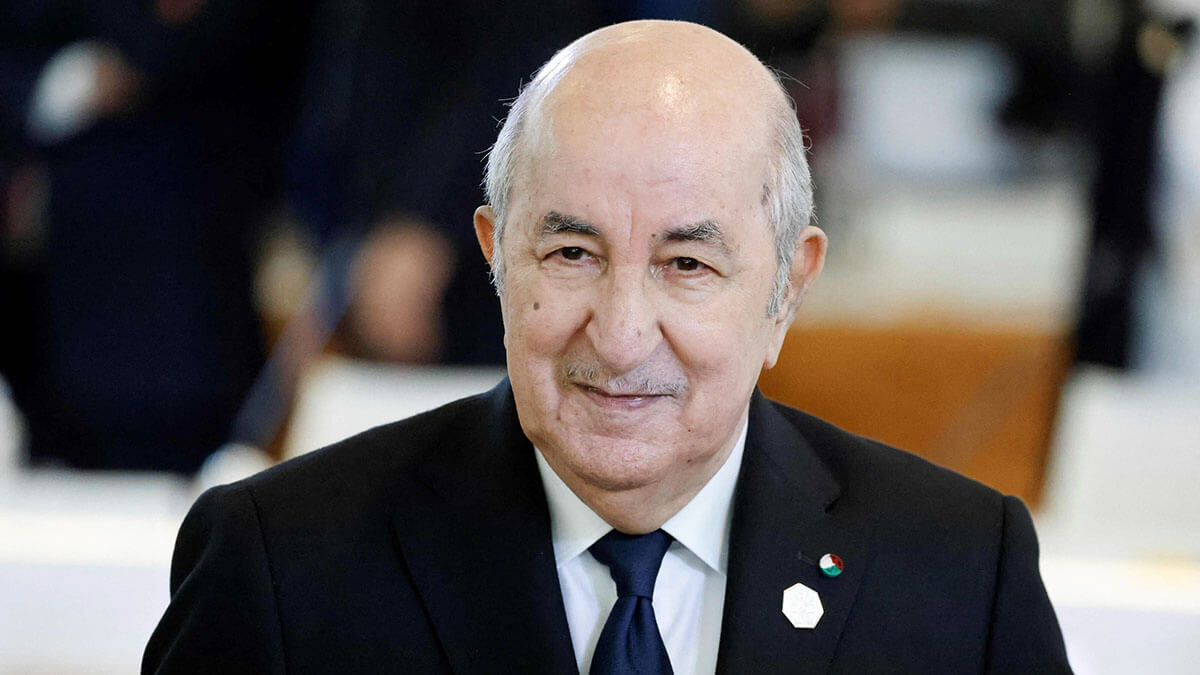
However, Algeria's political problems date back to 1962, when the country was divided into two factions after independence: the Algiers group and the Tlemcen group. The second group, led by Ahmed Ben Bella and Houari Boumediène, managed to seize power and establish an authoritarian regime. The seizure of power by the ‘Tlemcen group’ meant the end of democracy in Algeria.
In 1963, Algeria, under the leadership of Ahmed Ben Bella, began to support separatist movements in Western Sahara fighting for independence from Morocco.
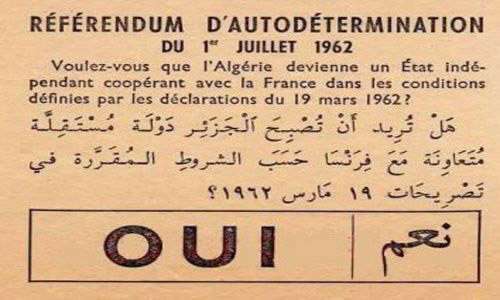
Algeria saw the creation of the Sahrawi state as an opportunity to counter Moroccan influence in the region and to expand its own influence in the Mediterranean and the Atlantic. The question of Western Sahara thus became the subject of a dispute between Algeria and Morocco that continues to this day.
The voiceless people
The Polisario Front and Algeria have instrumentalised the cause of the Sahrawi people to legitimise their own political and geostrategic agendas, taking advantage of international sympathy for the Sahrawis. The irony is that, under the banner of self-determination, Algeria and the Polisario have subjected the Sahrawi people to a situation of dependency and stagnation, while promoting a conflict that ultimately serves Algeria's interests more than those of the Sahrawi people themselves.
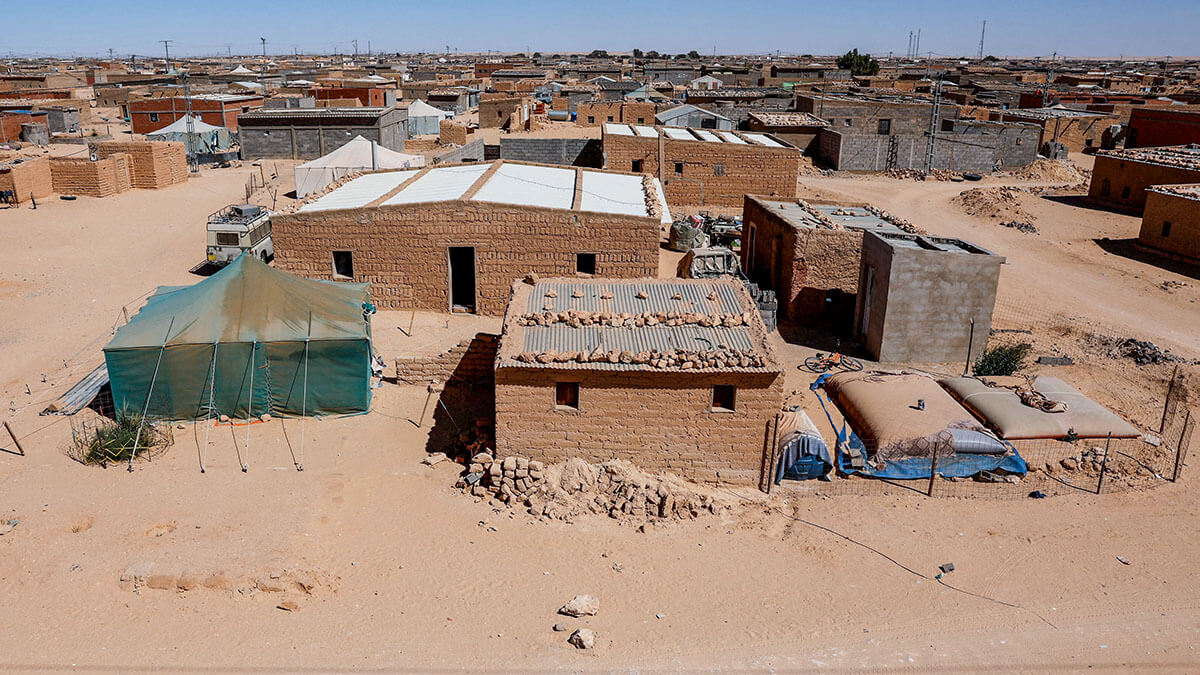
International organisations, by aligning themselves with this narrative without critical assessment, have contributed to perpetuating a situation of instability in the region and keeping the Saharawis in prolonged suffering, used as pawns in a wider geopolitical game. Algeria's intervention in this conflict was not a disinterested act of support for self-determination, but a strategic manoeuvre in the context of regional tensions with the Moroccan kingdom.
Under the guise of defending the rights of these people, both actors have gained the complicity of international organisations and NGOs. However, this carefully constructed and promoted narrative has in many cases served to divert attention from the real interests at stake for the Algerian nation, a Russian satellite, in gaining an outlet to the Atlantic Ocean.

The Shadow of the Cold War and the Dance of Interests
The Atlantic Africa Initiative, which includes Morocco, Algeria and other coastal states, has played a decisive role in the global balance of power. However, Soviet intervention in Algeria's internal affairs in the past has had lasting consequences. Strategically located at the crossroads of Europe and Africa, the Atlantic Africa Initiative has become the desired target of world powers.
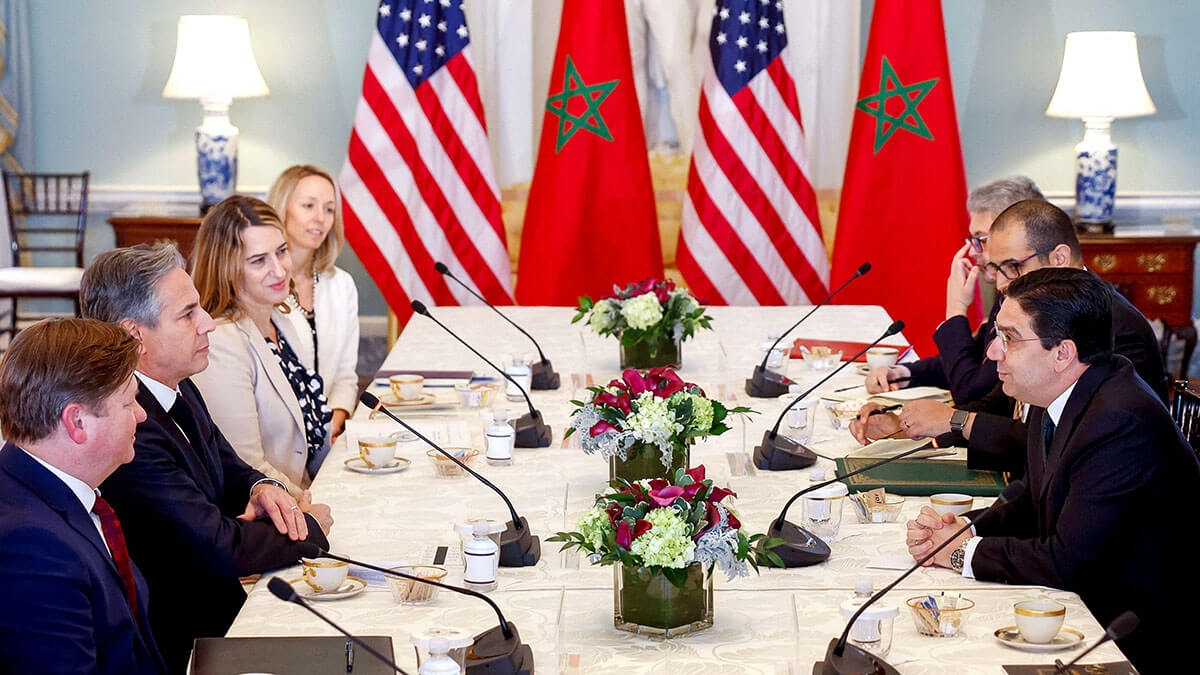
The US in particular has maintained a strong presence in the region, using its military bases and economic clout to protect its interests. Morocco, as a key member of the Atlantic Initiative in Africa, maintains warm relations with the US, which are a fundamental cornerstone of its foreign policy. Algeria, on the other hand, pursued a more independent foreign policy, often opposing Western powers.
The former Soviet Union, wanting to expand its influence in the region, recognised Algeria as a valuable partner and provided significant economic and military support. This closeness enabled Algeria to maintain its independence and resist Western pressure, especially during the Cold War.

The Soviet-Algerian alliance had important consequences for the region. Algeria became a key player in the Non-Aligned Movement and its relationship with the Soviet Union allowed it to play a more prominent role in regional affairs. Soviet support came with important conditionalities, and Algeria often had to put Soviet interests before its own.
The mark of recognition and the voice of diplomacy
Following Macron's letter to Morocco's King Mohammed VI, more than 100 countries have recognised the Moroccan ownership of the Sahara as the ‘only viable solution’ for the resolution of the conflict. The countries' backing is in line with UN resolutions to find a lasting solution.

In addition, the European Union and the Arab League have expressed their support for the Moroccan position, while the Organisation of African Unity (OAU) has called for the implementation of UN Security Council Resolution 2440, which establishes the Moroccan ownership of the Sahara as the basis for the resolution of the conflict.
This is no coincidence when the countries that have recognised the Moroccan ownership of Western Sahara as the ‘only viable solution’ for the resolution of the conflict include Argentina, Australia, Austria, Belgium, Brazil, Bulgaria, Canada, Chile, the United States, Croatia, Denmark, Spain, France, Greece, Italy, Japan, Luxembourg, Malaysia, Mexico, the Netherlands, Poland, Portugal and the United States.
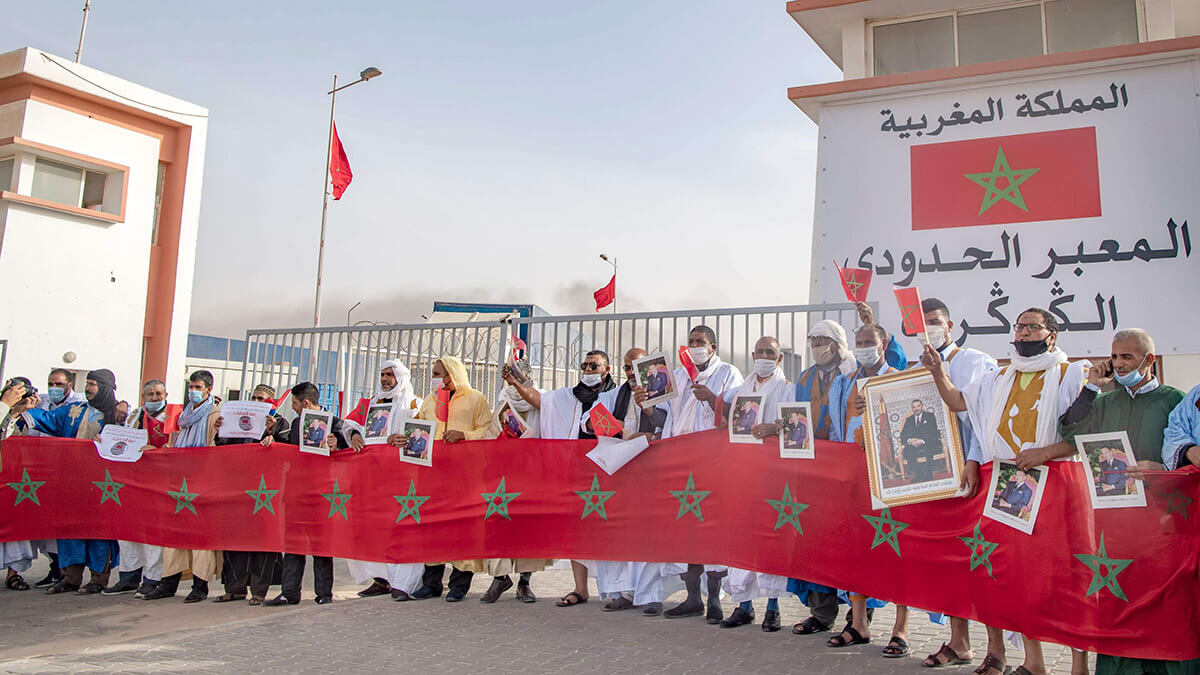
The lie of independence
The relationship between Algeria and the Polisario Front is a subject that has generated many questions and speculation in the past. However, it is important to analyse the motives behind Algeria's support for the Polisario and its maintenance of diplomacy in countries that recognise the Sahrawi Arab Democratic Republic (SADR). Is it just a question of solidarity with the Sahrawis or are there other interests at stake?
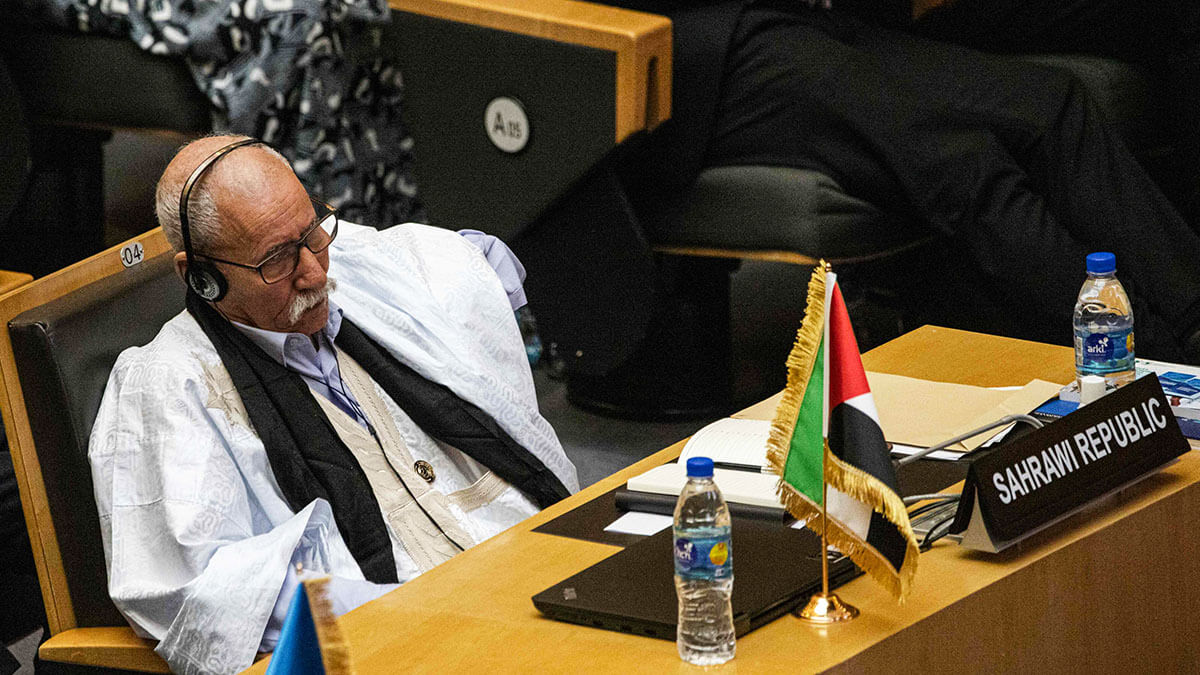
Bernard Lugan, a French historian and considered one of the most renowned Africanists, poses these questions and more in his analysis of the relationship between Algeria and the Polisario. Why does Algeria arm and finance the Polisario? Why does it maintain its diplomacy in countries that still recognise the SADR? Why is it blocking a solution to the so-called Western Sahara question? What are its objectives? Is it just a matter of solidarity with the Saharawis or are there other interests at stake?
But what are Algeria's objectives in pursuing this policy? Is it just to put pressure on Morocco and gain advantages in the region, or are there other interests at stake? Is it possible that Algeria is using its support for the Polisario as a way to increase its influence in the region and consolidate its position as a major regional player?
The reality is that Algeria, which is mired in a major crisis with daily fights for a glass of water, is not a supporter of the Saharawi cause, but a regional actor that uses its support for the Polisario to gain advantages in the region. Its policy of supporting the Polisario is a way of maintaining its influence in the region and consolidating its position as a major regional player. It is time to stop and reflect on the truth behind the relationship between Algeria and the Polisario, and not to accept the official version of solidarity with the Sahrawi people.

